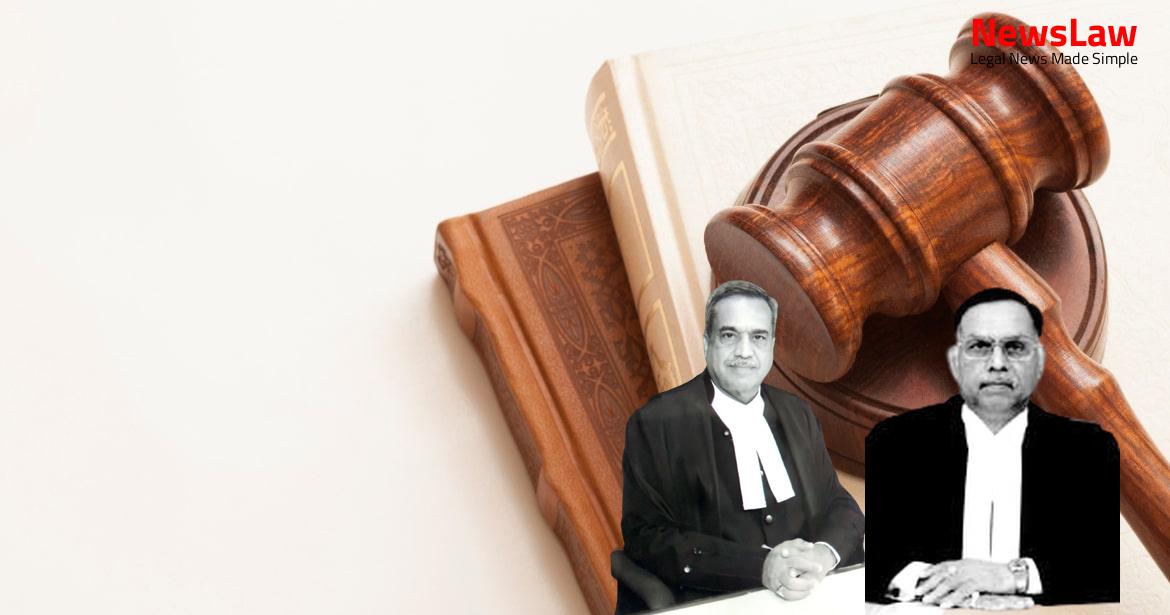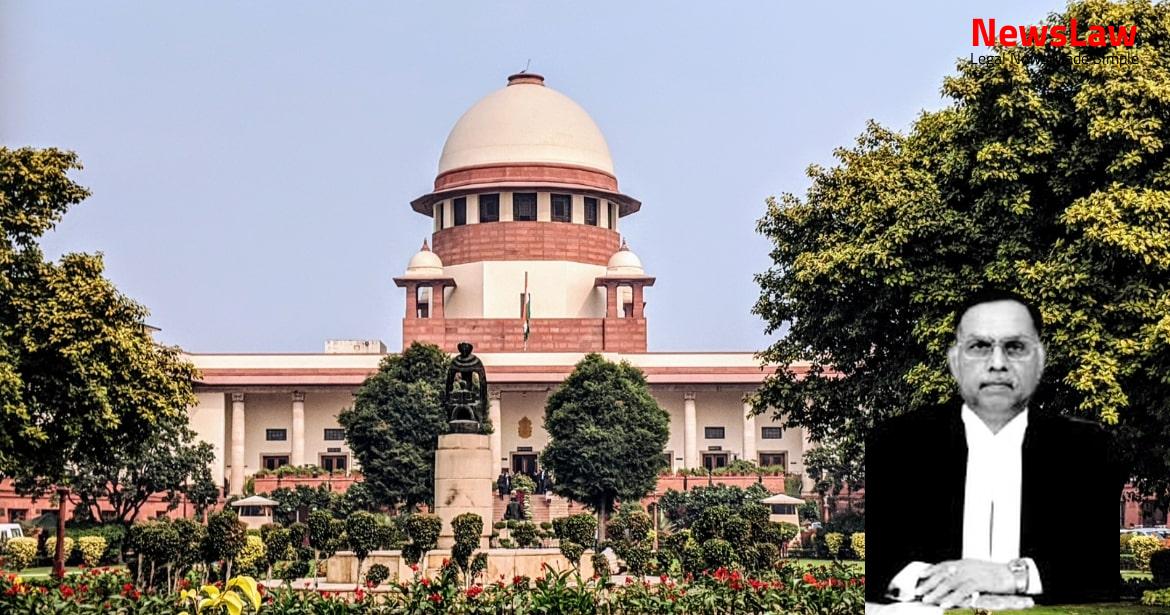The first 2 amendment was made on 18.07.2019 by which the rate was increased from Rs.1.55 per unit to Rs.1.65 per unit and the second amendment was made on 20.12.2019 through which the rate per unit was brought down to Rs.1.48 from Rs.1.65. situated at Plot No 179, Sector-3, Bawal, District- Rewari, Haryana and Opposite Party Sachin Garg also used to issue Purchase Order to the Applicant’s company on behalf of the Exide Company and only the Opposite Party Sachin Garg used to 3 make payment of Job Work to the Applicant.
Sachin Garg through the aforesaid company in the capacity of Purchase Head, issued Purchase Order to the Applicant’s Company, in which, it was agreed between the Opposite Party and Applicant to do job work @ Rs.1.65/- per piece w.e.f.
AG.SR/20-21/01 dated 02.07.2020 of Rs.9,36,693.18/- to the Material Head of Opposite Party Company namely Sachin Garg through registered post and also sent the aforesaid invoice through email on 14.07.2020, which were received by Opposite Party Sachin Garg. April, 2019, whereas, the job work of Opposite Party was completed by the Applicant Company in the month of December, 2019, in which, Opposite Party on 20.12.2019, requested to change the rate of job work at the rate of Rs.1.48/- per piece, which was accepted by the Applicant w.e.f.
[1992 SCC (Cr.)
426], State of Bihar and Anr. The judgment of the High Court was delivered dismissing the application filed by the appellant on 23.03.2023 and it is this judgment which is under appeal before us.
In the case of Neeharika Infrastructure Ltd (supra), a three- judge Bench of this Court examined the factors which were to be considered by the High Court for quashing an F.I.R. Kapur (supra), principles for quashing were set down as:- “ 10.1 The first case on the point which is required to be noticed is the decision of this Court in the case of R.P. (ii) Where the allegations in the first information report or the complaint, even if they are taken at their face value and accepted in their entirety, do not constitute the offence alleged; in such cases no question of appreciating evidence arises; it is a matter merely of looking at the complaint or the first information report to decide whether the offence alleged is disclosed or not. That is the function of the trial Magistrate, and ordinarily it would not be open to any party to invoke the High Court’s inherent jurisdiction and contend that on a reasonable appreciation of the evidence the accusation made against the accused would not be sustained.”” 7. (4) Where the allegations in the FIR do not constitute a cognizable offence but constitute only a non-cognizable offence, no investigation is permitted by a police officer without an order of a Magistrate as contemplated under Section 155(2) of the Code. (7) Where a criminal proceeding is manifestly attended with mala fide and/or where the proceeding is maliciously instituted with an ulterior motive for wreaking vengeance on the accused and with a view to spite him due to private and personal grudge.” It was observed in the judgment under appeal that the applicant has got the right of discharge which could be freely taken up by him before the Trial Court. In so far as the allegations of commission of offence under Sections 405 and 406 are concerned, he has relied on a judgment of this Court in the case of Deepak Gaba and Ors. On these aspects, the summoning order is equally quiet, albeit, it states that “a forged demand of Rs 6,37,252.16p had been raised by JIPL, which demand is not due in terms of statements by Shubhankar P. Hence, even if Respondent 2 complainant is of the opinion that the monetary demand or claim is incorrect and not payable, given the failure to prove the requirements of Section 405 IPC, an offence under the same section is not constituted. [(2009) 14 SCC 696] has also been cited in support of the appellant’s case and in this decision it has been, inter-alia, held:- 10 “ 10.
Similar is the legal position in respect of an offence of criminal breach of trust having regard to its definition contained in Section 405 of the Penal Code.” This goes for allegations relating to Section 406 of the 1860 Code. 9,36,693.18/- of my son was due for payment on the Opposite Party, due to which, he demanded the Opposite Party to make payment, but, Opposite Party did not make payment and after doing calculation on less rates, he said that no amount is due for payment and on demanding money, the Opposite Party has abused my son with filthy language and has threatened him to kill. At the stage of issuing the process to the accused, the Magistrate is not required to record reasons.” Similar views have been expressed by this Court in the case of Birla Corporation Ltd. It has also been argued on behalf of the respondent no.2 that the appellant in any event has got the right to apply for discharge and the petition of complaint does not suffer from the defect of not having made out any offence at all.
Such commercial disputes over variation of rate cannot 13 per se give rise to an offence under Section 405 of the 1860 Code without presence of any aggravating factor leading to the substantiation of its ingredients.
-vs- State of Bihar and Another [(2014) 10 SCC 663], a coordinate Bench of this Court dealt with a criminal complaint arising out of retention of bill amount in course of commercial transaction.
To make out a case of criminal breach of trust, it is not sufficient to show that money has been retained by the appellants. Since no case of criminal breach of trust or 15 dishonest intention of inducement is made out and the essential ingredients of Sections 405/420 IPC are missing, the prosecution of the appellants under Sections 406/120- B IPC, is liable to be quashed.” So far as the criminal complaint and the initial depositions with which we are concerned in this case, the factual basis is broadly similar. The learned Magistrate’s order issuing summons records the background of the case in rather longish detail but reflects his satisfaction in a cryptic manner. At the stage of issue of summons, detailed reasoning as to why a Magistrate is issuing summons, however, is not necessary.
It is true that the appellant could seek discharge in course of the proceeding itself before the concerned Court, but here we find that no case at all has been made out that would justify invoking the machinery of the Criminal Courts. The Coordinate Bench found that the allegations were made against the company, which was not made a party. So far the present case is concerned, the ratio of the decision in the case of Sharad Kumar Sanghi (supra) would not be applicable for ousting the complaint 18 at the threshold on this ground alone.
Case Title: SACHIN GARG Vs. STATE OF U.P. (2024 INSC 72)
Case Number: Crl.A. No.-000497-000497 / 2024



